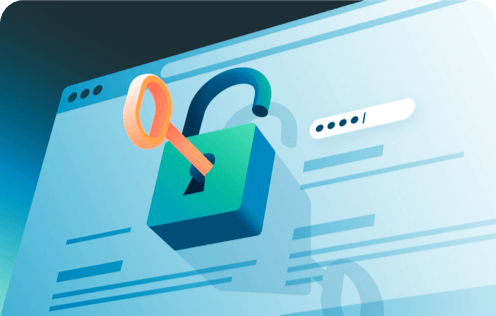

Introduction to Residential Proxy Networks and Their Necessity
Residential proxy networks are increasingly becoming a vital tool for individuals and businesses alike. They provide a secure and stable means of accessing the internet, ensuring anonymity and protecting personal data. This article delves into the core benefits of residential proxy networks, how to select the right provider, setup and configuration, and best practices for use.
What is a Residential Proxy Network?
A residential proxy network consists of IP addresses provided by Internet Service Providers (ISPs) to homeowners. These proxies allow users to browse the internet using these residential IP addresses, making their online activities appear as if they are coming from a regular home user. This setup is different from datacenter proxies, which use IP addresses from datacenters.
Why You Need a Residential Proxy Network
There are several reasons why one might need a residential proxy network. For businesses, these proxies are essential for web scraping, market research, and ad verification, as they reduce the risk of being blocked by websites. Individuals use them to bypass geo-restrictions, access content unavailable in their region, and maintain privacy.
Core Benefits in Terms of Security, Stability, and Anonymity
Residential proxy networks offer significant advantages in security, stability, and anonymity. They provide a higher level of security by masking the user's real IP address, reducing the risk of cyber-attacks. Stability is ensured as these proxies use IPs from real users, which are less likely to be blacklisted. Anonymity is upheld because the user's online activities appear to originate from a residential address, making it difficult to trace back to the actual user.
Advantages of Residential Proxy Networks
How Do Residential Proxy Networks Bolster Security?
Residential proxy networks enhance online security by hiding the user's actual IP address, which is crucial in preventing cyber-attacks such as DDoS. They also offer protection against data breaches and identity theft by encrypting the data transmitted through the proxy.
Why Do Residential Proxy Networks Ensure Unwavering Stability?
These networks provide stable and consistent internet connections because they use IPs from real residential ISPs. This stability is crucial for tasks that require long-term, uninterrupted access to the internet, such as automated trading or large-scale data collection.
How Do Residential Proxy Networks Uphold Anonymity?
By routing internet traffic through a residential IP, these proxies ensure that the user's online activities are anonymous. This is particularly beneficial for users who need to conduct sensitive research or access restricted content without revealing their identity.
Selecting the Right Residential Proxy Network Provider
Why is Residential Proxy Network Provider Reputation Essential?
The reputation of a provider is a key factor in ensuring the quality and reliability of the proxy service. A reputable provider will offer better uptime, customer support, and overall service quality.
How Does Pricing Impact Decision-Making?
Pricing is a significant factor when choosing a provider. While cheaper options might be tempting, they often come with limitations in terms of IP quality, availability, and speed. It's essential to balance cost with the features and reliability offered.
What Role Does Geographic Location Selection Play?
The geographic location of the proxies is crucial for users who need to access region-specific content or services. A diverse selection of IP locations can enhance the effectiveness of the proxy for various online activities.
How Does Customer Support Affect Reliability?
Quality customer support is essential for troubleshooting and resolving issues quickly. Reliable customer service ensures minimal downtime and helps maintain the efficiency of the proxy network.
Setup and Configuration
How to Install a Residential Proxy Network?
Installation typically involves setting up the proxy on the device or network level. This can be done through software that manages proxy settings or manually configuring the proxy in the browser or operating system.
How to Configure a Residential Proxy Network?
Configuration involves setting up the IP addresses, ports, and any necessary authentication. Users can also optimize their settings for specific use cases, such as adjusting the rotation of IPs or selecting specific geographic locations.
Best Practices
How to Use Residential Proxy Networks Responsibly?
It's important to use residential proxies ethically and within the legal boundaries. Users should avoid using proxies for illegal activities and respect the privacy and terms of service of the websites they access.
How to Monitor and Maintain Residential Proxy Networks?
Regular monitoring ensures the proxy network is functioning correctly and helps identify any issues early. Maintenance involves updating the proxy settings as needed and replacing any IPs that become problematic.
Conclusion
Residential proxy networks offer significant advantages in terms of security, stability, and anonymity. When selecting a provider, it's crucial to consider reputation, pricing, geographic location, and customer support. Proper setup and configuration, along with responsible use and regular maintenance, will ensure optimal performance. Users are encouraged to make informed decisions and choose providers that best meet their specific needs.
